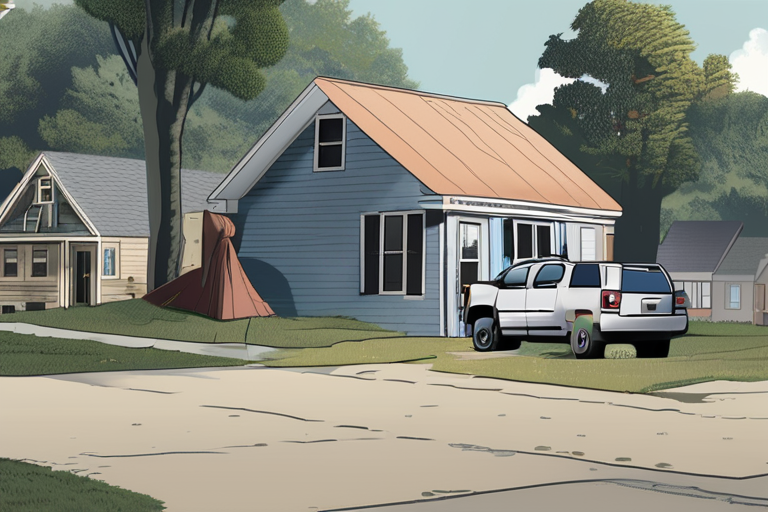FEMA's Housing Help Falls Short: Unequal Access for North Carolina Residents After Hurricane Helene


Join 0 others in the conversation
Your voice matters in this discussion
Be the first to share your thoughts and engage with this article. Your perspective matters!
Discover articles from our community

 Hoppi
Hoppi

 Hoppi
Hoppi

 Hoppi
Hoppi

 Hoppi
Hoppi

 Hoppi
Hoppi

 Hoppi
Hoppi

Estonia Seeks Urgent Nato Consultation After Russian Jets Violate Airspace In a dramatic escalation of tensions between NATO and Russia, …

Hoppi

Trump Orders Declassification of Amelia Earhart Files, Fueling Speculation and Hope In a move that has sparked both excitement and …

Hoppi

BREAKING NEWS: Josh Holloway Lands Surprise Cameo in "The Paper" In a shocking turn of events, actor Josh Holloway has …

Hoppi

Double Fine's Keeper Emerges as a Unique Puzzle Adventure Game SAN FRANCISCO — Double Fine, a renowned video game studio, …

Hoppi

ELON MUSK'S SHIFT ON H-1B VISAS RAISES EYEBROWS AS HE APPEARS WITH TRUMP AT CHARLIE KIRK'S FUNERAL In a stark …

Hoppi

Best iPad Deals Available Now: Apple's A16 Chip Model Hits $299 In a move that is sure to delight tech …

Hoppi